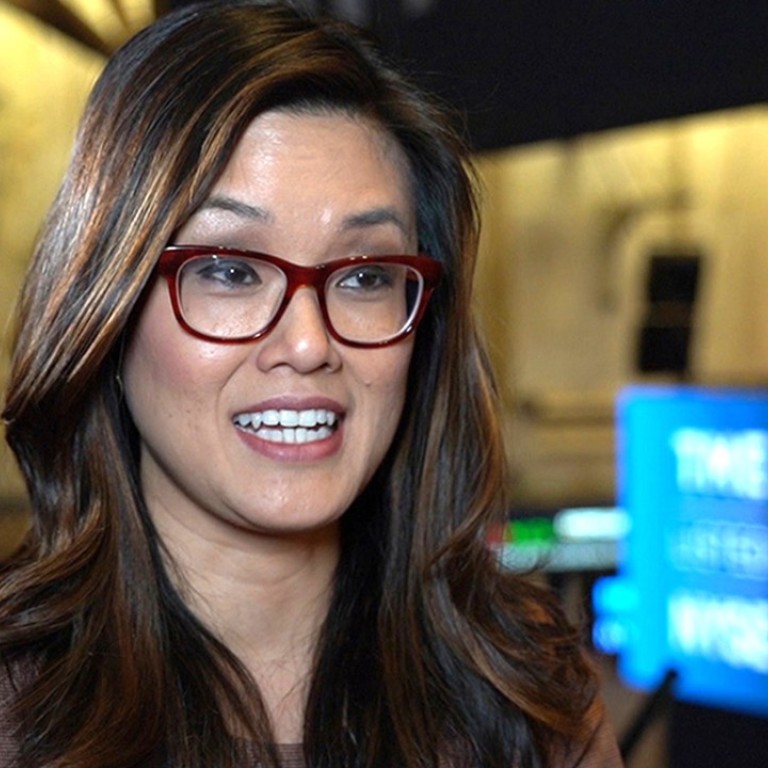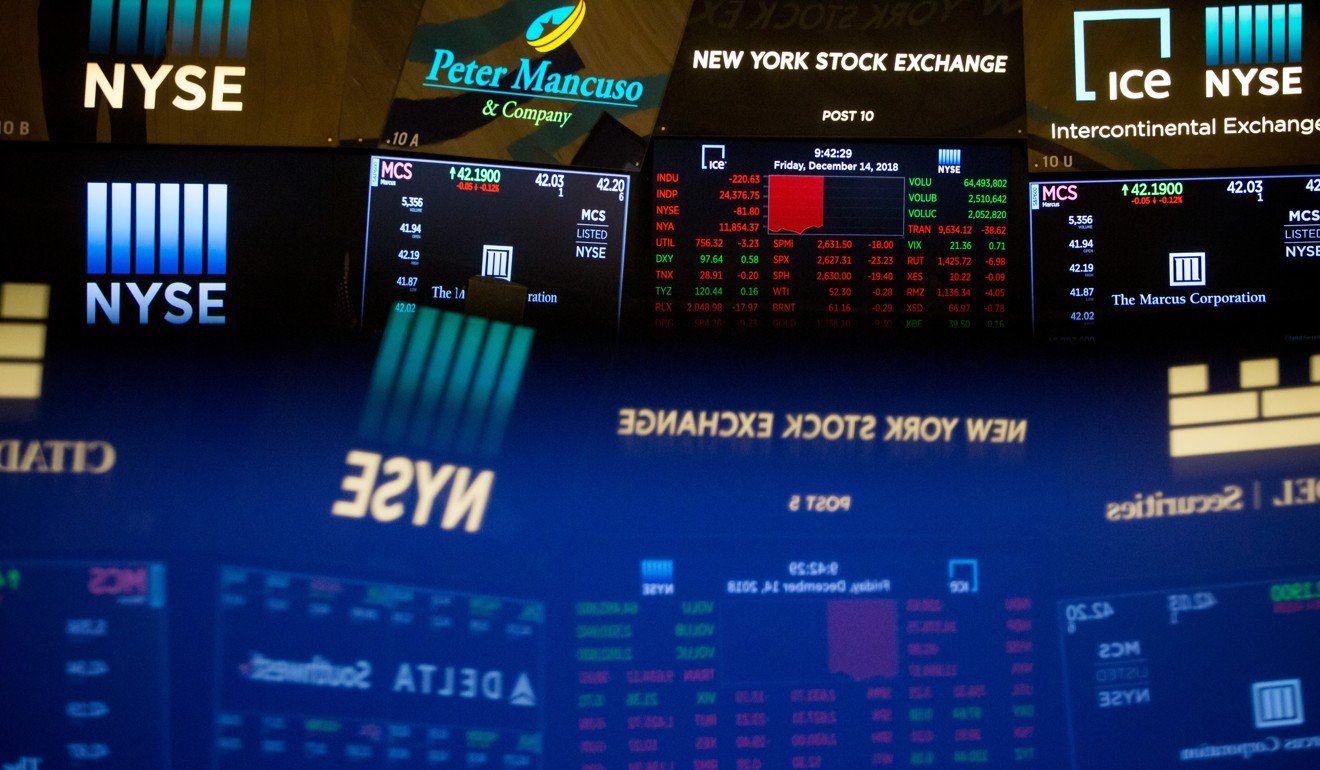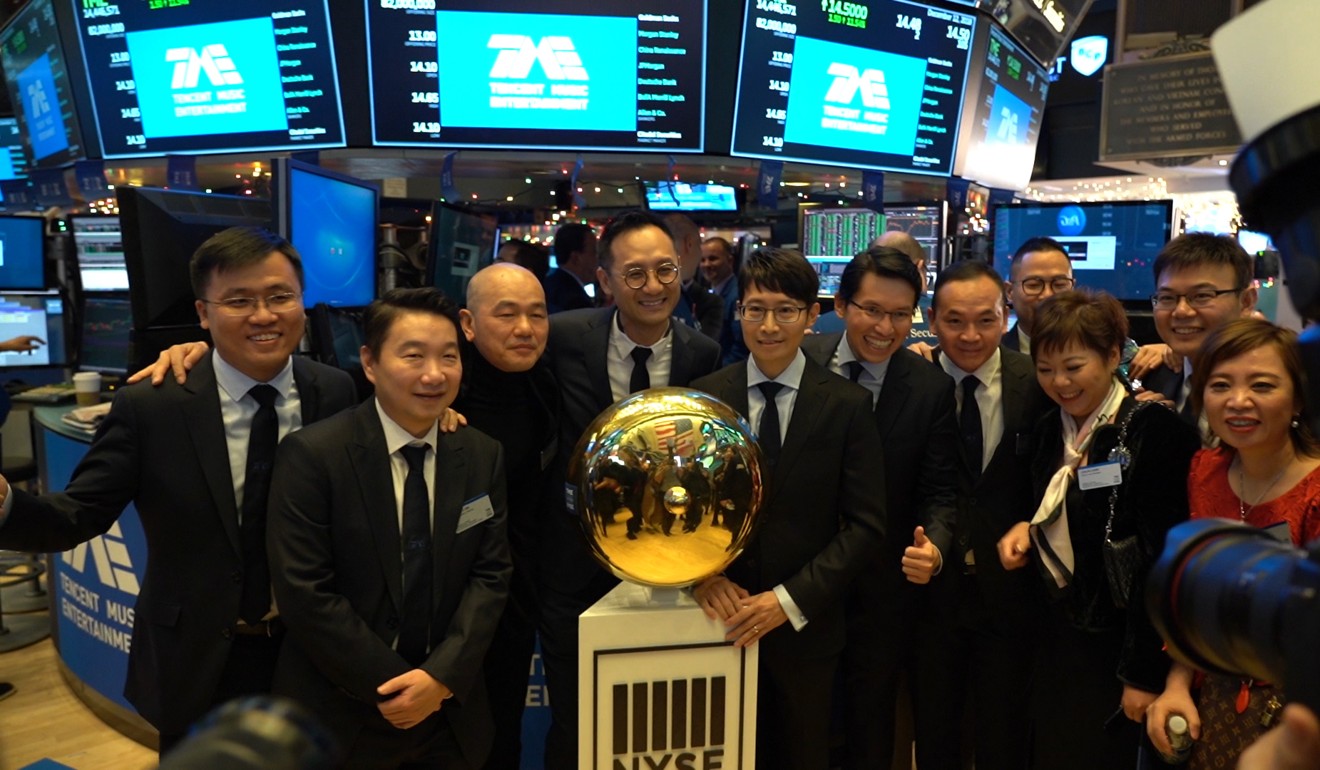
Exclusive | Chinese tech start-ups are tapping into Southeast Asia amid tough relations with US in trade war, NYSE executive says
- ‘Southeast Asia is one of those areas where it has been explored before, but now there is that new focus,’ says Betty Liu, executive vice-chairwoman at NYSE
- A shift would challenge US markets to draw more companies from China, which has become a growth engine
Chinese technology start-ups are pivoting to Southeast Asia and away from the United States in their expansion plans, in a clear bid to avoid getting in the midst of a trade war that could intensify.
In a recent trip to Asia, Betty Liu, an executive at the New York Stock Exchange, said she saw entrepreneurship continued to be “rocking” there. But the businesses are also increasingly looking at growth in Southeast Asia.
“Southeast Asia is one of those areas where it has been explored before, but now there is that new focus,” said Liu, executive vice-chairwoman of the exchange, to the South China Morning Post.
In Chinese entrepreneurs’ minds, she said, “it’s tough with the United States right now, so they're looking at the Southeast Asian markets as another area that can help them diversify beyond perhaps focusing only on the US or focusing only on Europe and other more developed markets.”
That shift could constitute a challenge for US markets to draw more listings from China-based companies, a growth engine for the exchange, in coming years should trade tensions continue.
Chinese tech companies have been going public at a quickening pace. As of Friday, 58 of them had raised a total of more than US$20 billion this year for IPOs around the world, accounting for about a third of the total amount of capital sold to investors by tech companies globally, according to data provider Dealogic.
More often than not, however, Chinese tech companies chose to list outside the US. Just 21 raised a little more than US$6 billion through US public offerings in the same period, Dealogic data show.
Other markets are vying for the listings, posing more competition. The Hong Kong stock exchange, for example, has in recent years loosened its listing rules to attract some of the tech sector’s biggest initial public offerings.
In July, the Chinese smartphone company Xiaomi debuted in Hong Kong in a US$3 billion listing. Meituan Dianping, an online food delivery-to-ticketing services platform, was listed in Hong Kong in a US$4 billion IPO in September.

To be sure, the NYSE, the world’s largest stock exchange by market capitalisation, continues to draw a number of large Chinese companies. That included in September the electric-vehicle maker NIO, which raised US$1 billion in its listing.
And Tencent’s music-streaming business, a highly anticipated Chinese tech venture, just debuted on the exchange on Wednesday, raising US$1.1 billion.
But some recent listings drew underwhelming responses, leading US investors to worry whether the sector is going to hold its valuations as a trade war between the two countries continues to percolate.
Since July, the US and China have imposed tariffs on billions of dollars worth of each other’s imports. The moves have dragged down next year’s growth prospects for both nations.

Investors are particularly worried about Chinese technology companies because the two countries are racing to achieve global dominance in the sector, in areas like artificial intelligence, robotics and life sciences.
Additionally, intellectual property theft is believed to be the thorniest part of the negotiations US President Donald Trump raised with his Chinese counterpart, Xi Jinping.
“That's a really good example of how you've got the macro environment which is the US trade relations. Certainly any CEO would not be doing their job if they were not looking at what was happening in the environment and reassessing their plans,” Liu said.
The bright side? “It looks like both sides are negotiating now. There is this 90-day deadline so there is a time frame. And you know there's nothing like a deadline to get people to come to both sides and really try to iron out a compromise,” she said.
“Both sides understand that there is a very strong relationship here, no matter how tense it has been.”

